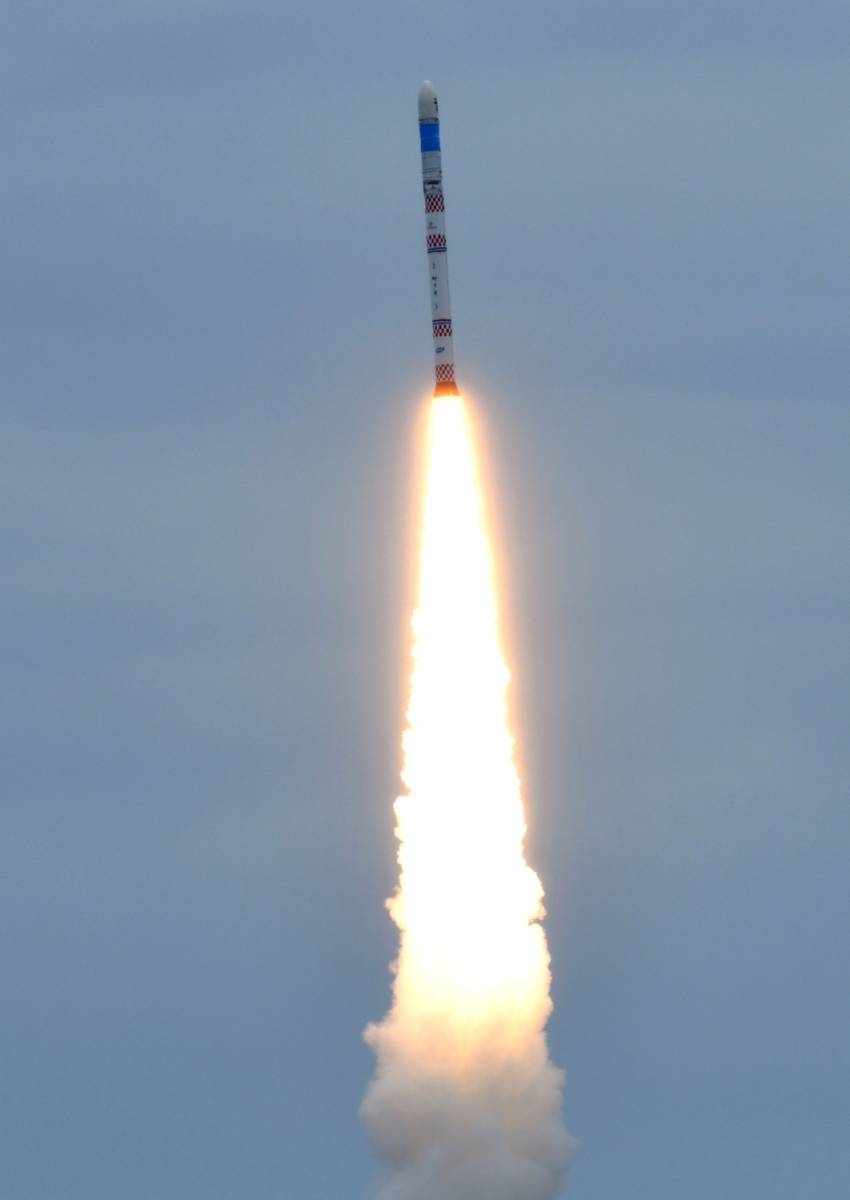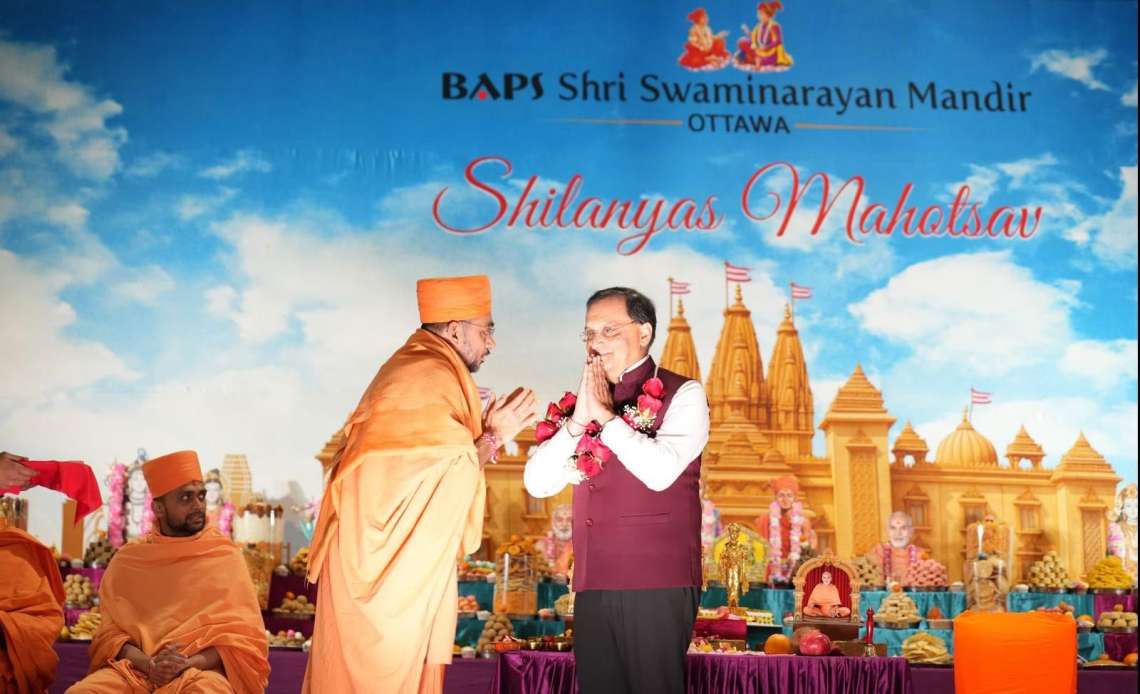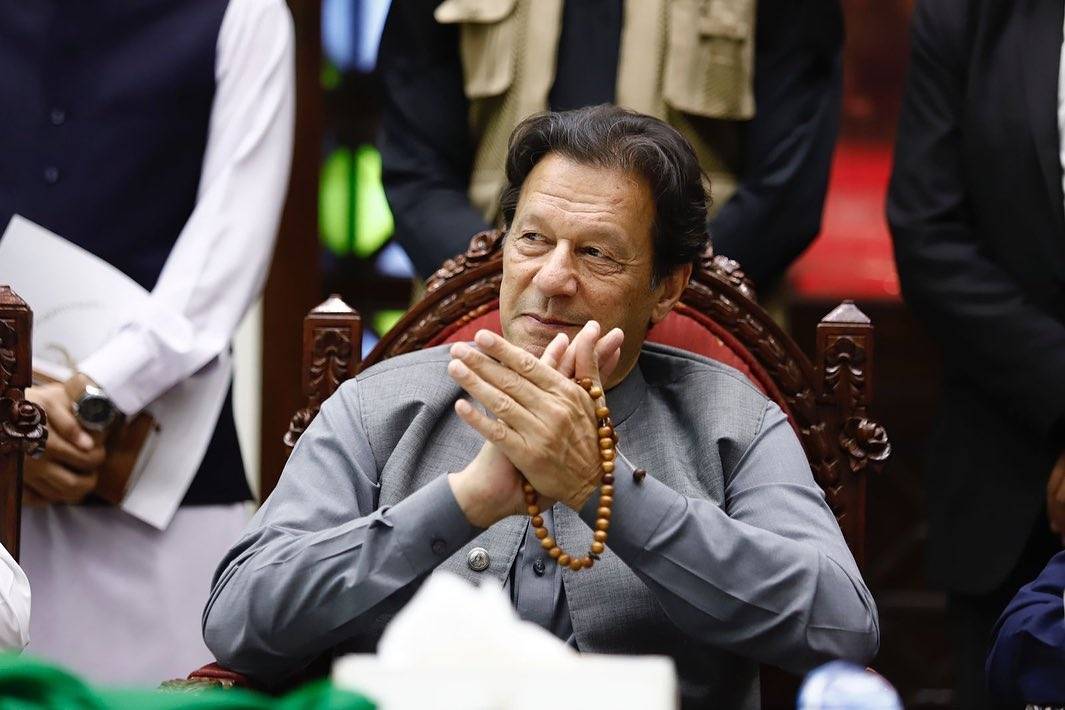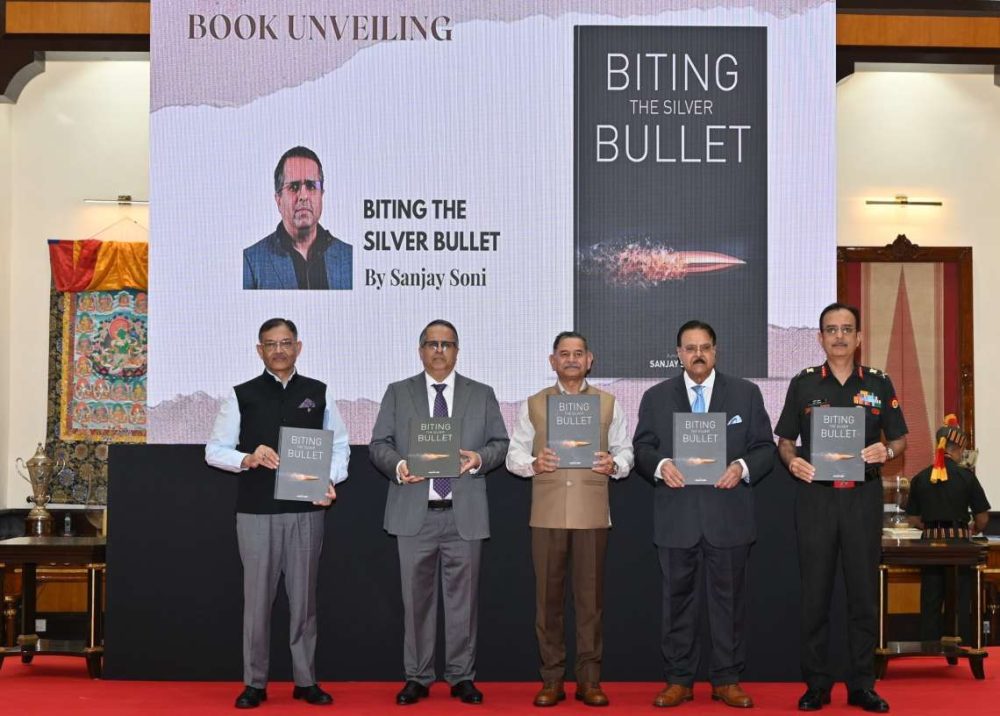Somanath also said that that a set of experts will look into the failure and identify why it went into an unacceptable orbit….writes Venkatachari Jagannathan
The placing of two satellites in a wrong orbit, resulting in their total loss, by the Indian Space Research Organisation’s (ISRO) brand new rocket Small Satellite Launch Vehicle (SSLV) on Sunday has raised several questions.
The about Rs 56 crore SSLV rocket with a capacity to carry satellites weighing 500kg or less is meant for commercial as well as for country’s strategic needs, a space sector expert, not wanting to be identified, told IANS.
The Sunday space mission failure also puts the focus on the safety of India’s human space mission that will be carried out by Geosynchronous Satellite Launch Vehicle-Mk III (GSLV-Mk III) with the tricky cryogenic engine stage.
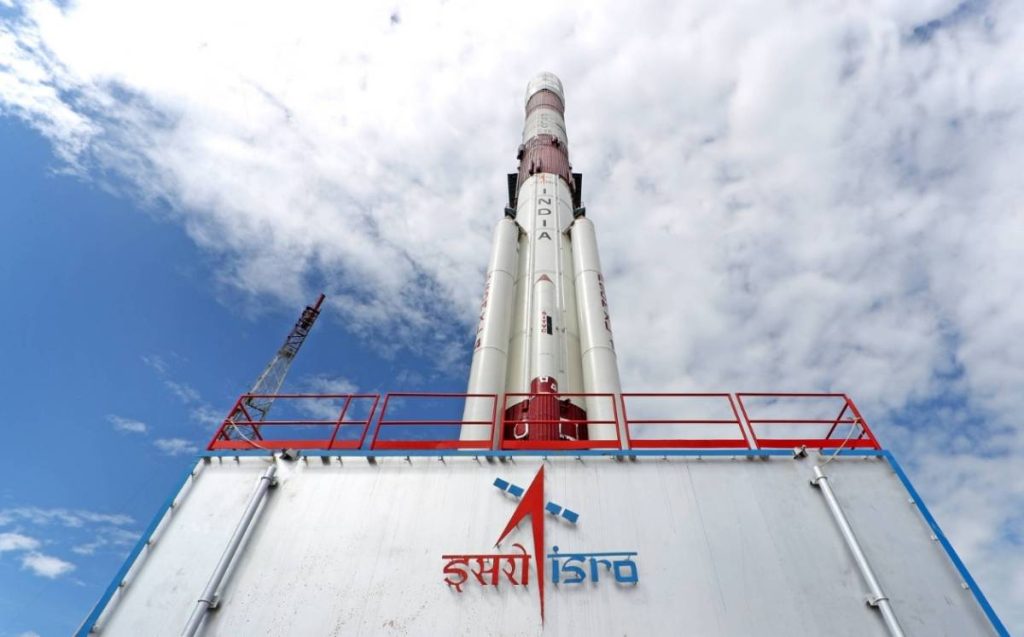
On the mission failure, ISRO Chairman S. Somanath said: “SSLV-D1 placed the satellites into 356 km x 76 km elliptical orbit instead of 356 km circular orbit. The 76 km is the lowest point close to the surface of the earth.”
He said when the satellites are placed in such an orbit, they will not stay there for long and will come down. “The two satellites have already come down from that orbit and they are no longer usable,” Somanath said.
According to the ISRO, “failure of logic to identify a sensor failure and go for salvage action caused the deviation. A committee would analyse and recommend. With the implementation of the recommendations, ISRO will come back soon with SSLV-D2”.
Somanath also said that that a set of experts will look into the failure and identify why it went into an unacceptable orbit. After carrying out the small corrections and revalidation of the corrections, ISRO will go for the next SSLV launch soon.
He also said the rocket’s three stages/engines and all other systems performed well.
However, the expert queried: “If the rocket’s propulsion had performed well, then it should have attained the required altitude and the intended orbit would have been obtained, is it not so?”
The expert also said the sensor that failed was sourced from industry and had been used as the redundant sensor in ISRO’s other rockets like the Polar Satellite Launch Vehicle (PSLV).
“Didn’t ISRO do the necessary simulation studies and how was this missed? A faulty sensor triggered the logic,” the expert said but ruled out the question of sabotage.
Another space sector expert, who also spoke on the condition of anonymity, told IANS: “The altitude is acquired in stages. Further while the rocket is at the required altitude, it should also have the necessary velocity. At 356 km altitude, the rocket should have necessary velocity for a circular orbit failing which the orbit will be elliptical.”
“If the sensor shuts off the rocket’s engine, then the additional velocity will be absent and there will not be a circular but only an elliptical orbit. The small satellites will not have onboard thrusters or have them for any major work,” the expert said.
They also said ISRO should come out as to the sensor that failed and why it had failed and whether it is related to the component quality.
It is time ISRO gets its basics right, that is, its three rockets – SSLV, PSLV and Geosynchronous Satellite Launch Vehicle (GSLV)- before looking at other ambitious missions, the experts added.
“ISRO Chairman Somanath is taking forward the space agency. As regards the human space mission he has also said more tests will be done the crew safety and is not in a hurry to go ahead with the mission,” Dr Tapan Misra, retired senior official of ISRO and Co-founder and Chief Technology Officer (CTO), Sisir Radar Private Ltd, told IANS.


